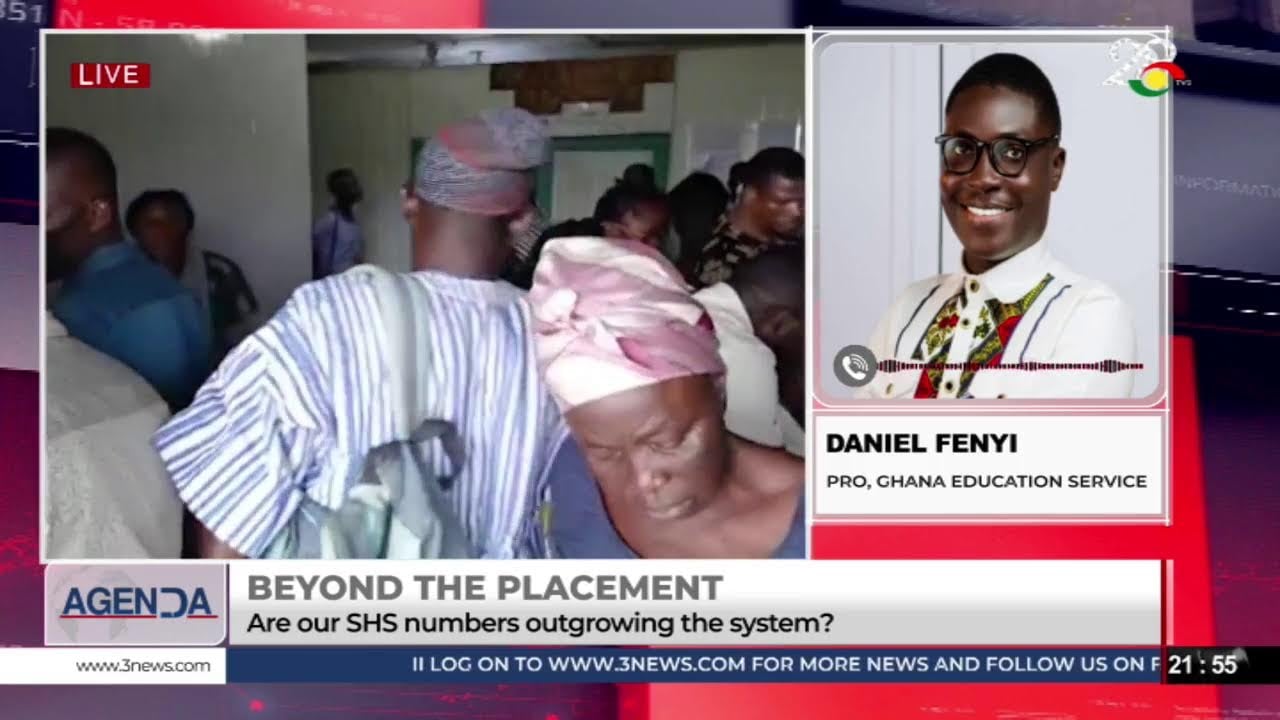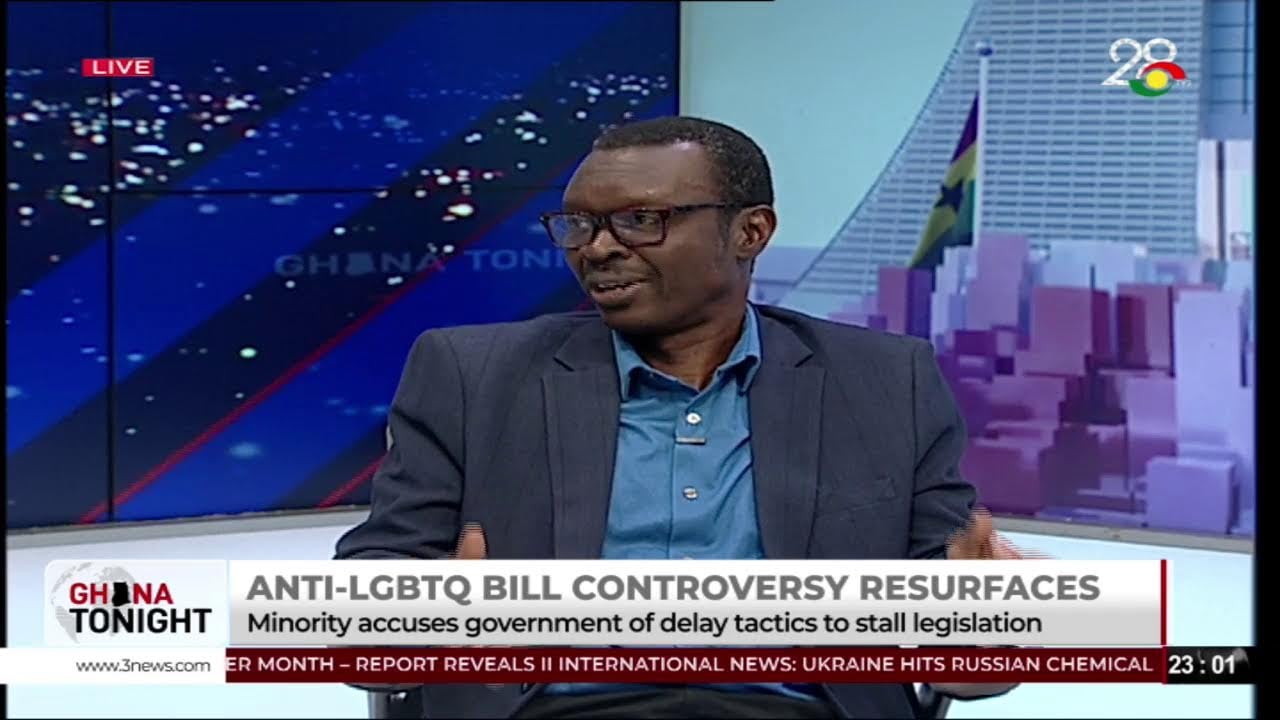
From The Customer-centric Entrepreneur Project
In the bustling streets of Accra, Asana rises before dawn. By 6 AM, she is navigating the city’s neighbourhoods, her cart filling with discarded plastic bottles that most Ghanaians see as worthless trash.
For Asana and thousands like her, these bottles represent survival—yet their labour remains invisible, their income precarious, and their dignity often questioned. Ghana’s emerging rPET recycling initiative, championed by the Mohinani Group, promises to transform this reality, turning informal waste collection into a dignified profession while creating unprecedented opportunities for women and youth across the nation.
The Invisible Workforce
Ghana’s waste sector employs an estimated 100,000 people in informal roles, with women and youth comprising the majority. These waste pickers, sorters, and aggregators operate without contracts, social protection, or stable incomes.
They face daily hazards—from traffic accidents to contaminated materials—while earning barely enough to survive. Yet their contribution to Ghana’s sanitation is immeasurable. Without them, our cities would drown in even more plastic waste.
The rPET recycling initiative represents more than an environmental solution; it is a social revolution that recognises and formalises this critical workforce. By creating structured collection systems and guaranteed purchase agreements for PET bottles, the project offers waste workers what they’ve never had: economic security, fair compensation, and respect.
A GHS 27-36 Million Opportunity
The numbers tell a compelling story. The Mohinani rPET project will inject between GHS 27 million and GHS 36 million annually into the informal waste sector through purchase of collected PET bottles. This is not charity—it is fair payment for valuable raw materials feeding Ghana’s first large-scale bottle-to-bottle recycling facility.
For individual collectors, this translates to transformed livelihoods. Currently, waste pickers might earn GHS 15-25 per day through inconsistent sales to middlemen paying rock-bottom prices. Under the formalised rPET system, with established collection points and transparent pricing, daily earnings could increase by 40-60%. More importantly, income becomes predictable, allowing families to plan, save, and invest in their futures.
Consider what this means for a single mother like Asana supporting three children. An additional GHS 200-300 per month could mean access to basic healthcare, school fees paid on time, and nutritious food on the table. It could mean hope where there was only struggle.
Creating 3,000 Jobs across the Value Chain
While the rPET facility will directly employ 150-200 workers in skilled manufacturing roles, the real employment magic happens throughout the extended value chain. The project will create or formalise approximately 3,000 jobs across Ghana, with women and youth positioned to claim a significant share.
These opportunities span diverse roles: collection agents gathering bottles from households and businesses, sorters separating PET from other plastics, aggregation hub operators managing local collection points, transport coordinators moving materials to the central facility, and equipment maintainers, data officers, and safety supervisors supporting operations. Each role offers structured employment with potential for skills development and career progression.
Importantly, many positions require minimal formal education, making them accessible to Ghana’s most vulnerable populations. A young person who left school at JSS level can enter as a collection agent and advance to hub supervisor or logistics coordinator. This social mobility—currently absent in the informal sector—transforms waste collection from a survival strategy into a viable career.
Skills Development and Training
The Mohinani rPET initiative recognises that formalisation without capacity building is incomplete. Comprehensive training programs will equip workers with essential skills: proper sorting techniques, safety protocols, basic business literacy for hub managers, and customer service skills for community engagement.
For women, who often face additional barriers to formal employment, these training opportunities are particularly transformative. Many have spent years in informal work with no opportunity to develop marketable skills. The rPET project offers structured learning that increases their employability across Ghana’s economy.
Youth training programs will emphasise technology integration, preparing the next generation for Ghana’s evolving green economy. Young workers will learn inventory management systems, digital payment platforms, and data collection methods—skills highly transferable to other industries. This investment addresses the unemployment crisis while building human capital necessary for sustainable industrial development.
Dignity, Recognition, and Social Protection
Perhaps the most profound impact lies in what cannot be easily quantified: dignity. When Ghana formalises its waste sector, it sends a powerful message that this work matters, that these workers matter. Waste pickers will no longer operate in the shadows but as recognised participants in Ghana’s circular economy.
Formalisation also opens pathways to social protection. Workers with documented employment can access the National Health Insurance Scheme more easily, qualify for loans from formal financial institutions, and participate in pension schemes. Their children qualify for educational support programs. These benefits, standard in the formal economy but absent in informal waste work, fundamentally alter life trajectories.
For women specifically, formal employment brings additional protections. Clear workplace policies can address harassment and discrimination that often go unchallenged in informal settings. Maternity provisions ensure childbirth does not mean financial catastrophe. Structured work hours allow a better balance between earning income and fulfilling household responsibilities that disproportionately fall on women.
Community Impact and Multiplier Effects
The social benefits extend beyond individual workers to entire communities. When 3,000 families see their incomes stabilise and increase, the effects ripple outward. Local businesses benefit from increased purchasing power. Schools see improved attendance and performance as economic stress decreases. Healthcare facilities witness reduced burdens as preventable conditions receive early attention.
Communities where collection hubs operate gain more than jobs. They experience improved sanitation as organised collection reduces scattered waste. They develop stronger civic engagement as residents become active participants in environmental solutions. They build social capital as neighbours collaborate on collection initiatives.
The project also fosters entrepreneurship. Some collectors may progress from employees to independent operators, establishing their own collection businesses. Women’s cooperatives could form, pooling resources to operate aggregation hubs. Youth might develop ancillary services—transportation, equipment rental, or digital platforms connecting collectors with the facility. This entrepreneurial ecosystem could spawn innovations extending far beyond plastic recycling.
Aligning with National Development Goals
Ghana’s commitment to youth employment and women’s economic empowerment, articulated in numerous policy documents, finds concrete expression in the rPET project. This is not aspirational development rhetoric but practical implementation—jobs created, skills developed, incomes increased, lives transformed.
The initiative also supports Ghana’s transition toward formalised economic systems. As the informal sector shrinks and the formal sector expands, tax revenues increase, labour protections improve, and economic planning becomes more effective. The waste sector’s transformation can serve as a model for formalising other informal industries.
The Path Forward
Realising these social benefits requires intentional design, ensuring vulnerable workers are elevated through formalisation, not displaced. It requires partnerships between the Mohinani Group, government agencies, civil society organisations, and the workers themselves to design inclusive systems serving all stakeholders.
Success depends on sustained commitment. Training programs need long-term funding. Collection systems must remain accessible to small-scale operators. Pricing structures should balance commercial viability with fair compensation. Monitoring mechanisms must track social outcomes as rigorously as environmental and economic metrics.
Conclusion: A Social Investment That Pays Dividends
When Ghana chooses to support the rPET recycling initiative, it invests not just in environmental infrastructure or economic development but in its people. It invests in Asana’s dignity and her children’s futures. It invests in young people seeking pathways out of unemployment. It invests in communities striving for better health and cleaner environments.
This social revolution—empowering women and youth through waste sector transformation—demonstrates that environmental sustainability and social justice are not competing priorities but complementary goals. As Ghana tackles its plastic waste crisis, it can simultaneously address unemployment, gender inequality, and economic informalisation.
The question is not whether Ghana can afford this social investment. Given the GHS27-36 million flowing to communities, the 3,000 jobs created, and the multiplier effects across society, the question is: can Ghana afford not to make this investment?
The answer is clear—Ghana’s sustainable future depends on recognising that our people are our greatest resource, and empowering them to solve our plastic crisis might be the smartest investment we ever make.
For information on upcoming entrepreneurship initiatives regarding rPET, contact The Customer-centric Entrepreneur Project on 233 24 306 5555
The post Empowering women and youth: The social revolution in the waste sector appeared first on The Business & Financial Times.
Read Full Story















Facebook
Twitter
Pinterest
Instagram
Google+
YouTube
LinkedIn
RSS